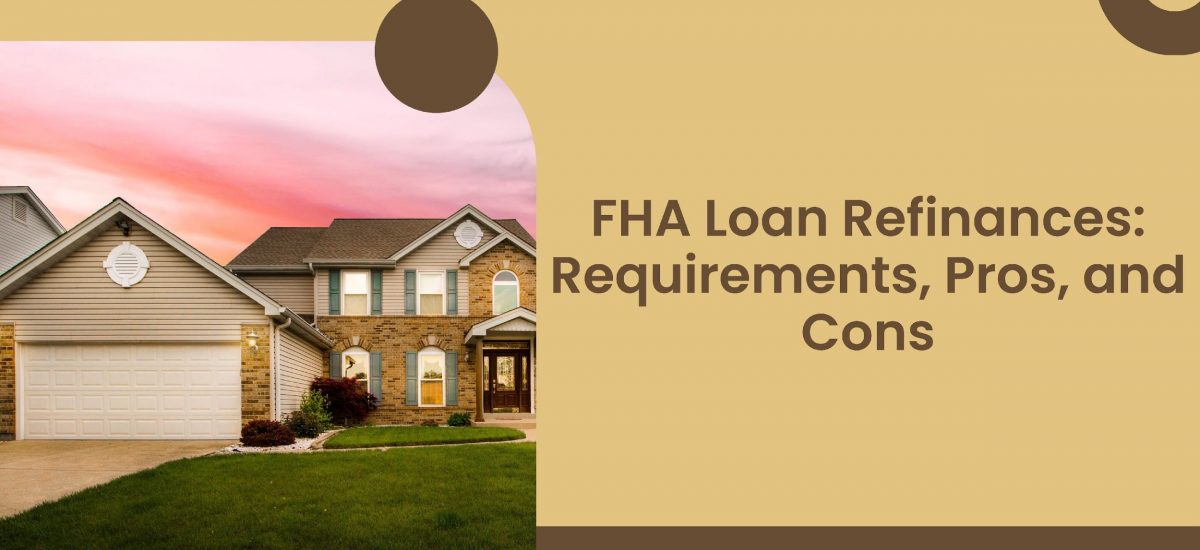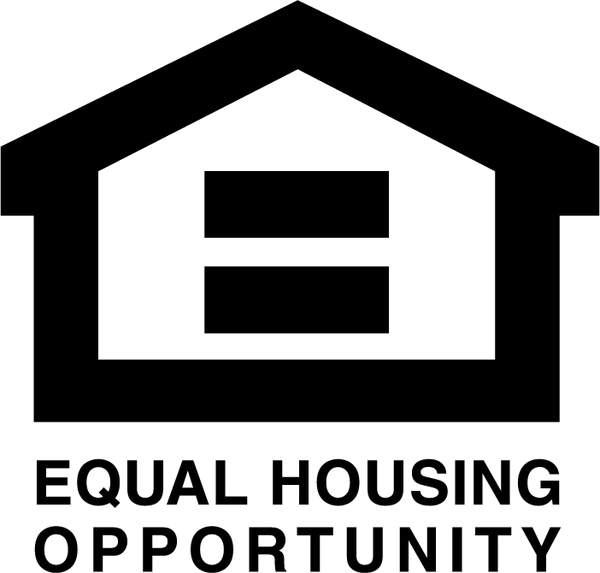Refinancing your FHA loan can be a strategic way to achieve your financial goals, whether you want to lower your interest rate, access home equity, or reduce monthly payments. Before deciding, it’s essential to understand the process, requirements, benefits, and potential drawbacks. This guide will help you determine if an FHA refinance is right for you.
What Is an FHA Loan Refinance?
Refinancing your FHA loan involves replacing your current mortgage with a new one under better terms. This can help you:
- Lower Interest Rates: Secure a lower rate to reduce monthly payments and save money over the loan term.
- Access Home Equity: Tap into your home’s equity for renovations, debt consolidation, or other financial needs.
- Adjust Loan Terms: Shorten or extend your loan term to fit your financial strategy.
Types of FHA Refinancing Options
Understanding your refinancing options is key to choosing the right one:
– FHA Streamline Refinance:
- Simplifies the process for homeowners with an existing FHA loan.
- Requires no appraisal or income verification.
- Aims to lower your interest rate or switch from an adjustable to a fixed-rate mortgage.
– Cash-Out Refinance:
- Allows you to access home equity.
- Requires a higher credit score and appraisal.
- Best for funding significant expenses like home improvements.
– Rate-and-Term Refinance:
- Adjusts your loan’s interest rate or term.
- Helps reduce monthly payments or pay off your loan faster.
Requirements for FHA Loan Refinancing
To refinance your FHA loan, you’ll need to meet specific criteria:
- Credit Score: Minimum of 580 for streamline refinance; higher for cash-out refinance.
- Loan-to-Value (LTV) Ratio: Maintain an LTV ratio within acceptable limits, typically under 80% for cash-out options.
- Payment History: No late payments within the last 12 months.
- Income Verification: Proof of stable employment and income may be required for cash-out and rate-and-term refinances.
Tip: Before applying, check your credit score and ensure your finances are in order to secure favorable terms.
Pros of Refinancing an FHA Loan
Refinancing your FHA loan offers several benefits:
- Lower Monthly Payments: Reduce payments by securing a lower interest rate or extending the loan term.
- Calculate Your Savings: Use our Refinance Calculator to see how much you could save each month.
- Access to Home Equity: Use cash-out refinancing to fund renovations, consolidate debt, or cover major expenses.
- Switch to Fixed Rates: Convert from an adjustable-rate mortgage (ARM) for more predictable payments.
- Eliminate Mortgage Insurance: If you’ve built enough equity, refinancing into a conventional loan can remove the need for mortgage insurance.
Cons of Refinancing an FHA Loan
Despite its advantages, refinancing may have drawbacks:
- Closing Costs: Includes fees like appraisal, origination, and title costs. Ensure the long-term savings outweigh these upfront expenses.
- Extended Loan Term: Lengthening your term lowers payments but increases total interest paid.
- Qualification Challenges: Higher credit and equity requirements for some refinance types.
- Increased Debt: Cash-out refinancing increases your loan balance, which may strain your finances if not managed carefully.
Is FHA Refinancing Right for You?
Refinancing might be a good fit if you:
- Can lower your interest rate.
- Want to switch to a fixed-rate mortgage.
- Need to access equity for financial goals.
Evaluate your financial needs and compare your current loan terms with potential refinancing benefits to make an informed decision.
Start Your FHA Refinance Journey
Refinancing your FHA loan can be a powerful tool to improve your financial health and achieve long-term goals. With various options available, it’s important to choose a plan that aligns with your needs and budget.
Take the first step by exploring your refinancing options with a trusted lending partner who can guide you through the process.
Ready to Explore Refinancing? Apply today to see how FHA refinancing can work for you and help achieve your financial objectives!


